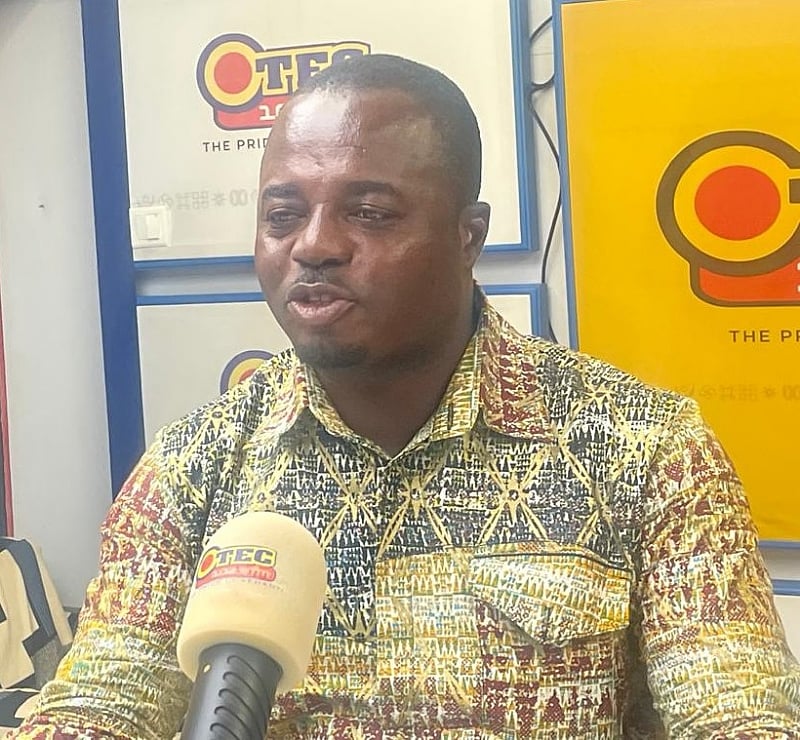The debate surrounding mining in Ghana’s forest reserves has intensified, with Francis Owusu Achiaw, the Member of Parliament for Juaben in the Ashanti Region, expressing doubts about the government’s commitment to enforcing a ban. Achiaw contends that economic considerations are the primary obstacle preventing decisive action, suggesting that the current administration lacks the political will to implement a complete ban due to its potential economic repercussions. He posits that the significant contribution of mining activities, both legal and illegal, to the national economy makes it challenging for the government to push through legislation that would effectively halt these operations. This perspective highlights the complex interplay between economic interests and environmental protection in the context of resource extraction.
Achiaw’s skepticism stems from the government’s perceived reluctance to introduce a bill in Parliament that would definitively prohibit mining within forest reserves. He argues that the administration is well aware of the adverse economic impact such a ban would entail, leading to their hesitation in pursuing legislative action. This perceived hesitancy fuels suspicions about the government’s true motives, with Achiaw suggesting that the revenue generated from mining activities, particularly small-scale operations within forest areas, plays a significant role in their decision-making process. This raises questions about the government’s prioritization of short-term economic gains over the long-term ecological sustainability of the nation’s forest reserves.
The issue is further complicated by the presence of large-scale mining companies already operating legally within forest reserves. Achiaw points out that these existing operations create a complex web of legal and economic entanglements, making an outright ban politically and economically difficult to implement. Untangling these existing agreements and compensating companies for lost revenue would likely be a significant undertaking, adding further complexity to the already contentious issue. This intricate situation underscores the challenges inherent in balancing economic interests with environmental protection, particularly when established industries operate within ecologically sensitive areas.
Despite President John Dramani Mahama’s directive to revoke the Environmental Protection (Mining in Forest Reserves) Regulation 2022, L.I. 2462, and introduce an amendment bill in Parliament, Achiaw remains unconvinced of the government’s sincerity. He questions the administration’s motivations, suggesting that their actions are not solely driven by environmental concerns. This skepticism reflects a broader distrust in the government’s commitment to environmental protection, with critics perceiving their actions as potentially influenced by economic and political considerations. The debate surrounding the government’s true intentions underscores the importance of transparency and accountability in policymaking, particularly when dealing with sensitive environmental issues.
Achiaw’s remarks indicate that the proposed ban on mining in forest reserves will face significant scrutiny in Parliament. Lawmakers will have to grapple with the complex trade-offs between economic benefits and environmental preservation. Balancing the need for economic development with the imperative to protect Ghana’s dwindling forest reserves will require careful consideration and a comprehensive approach. This impending parliamentary debate highlights the crucial role of legislative bodies in shaping environmental policy and ensuring that decisions are made in the best interests of the nation’s long-term sustainability.
The debate over mining in Ghana’s forest reserves underscores the broader tension between economic development and environmental protection. As the nation grapples with the challenge of balancing these competing priorities, the need for a comprehensive and sustainable approach becomes increasingly evident. Finding a solution that addresses both economic needs and environmental concerns will require open dialogue, transparent policymaking, and a commitment to long-term sustainability. The future of Ghana’s forest reserves, and the ecological balance they represent, hangs in the balance, dependent on the decisions made by policymakers and the actions taken by stakeholders across the country.














